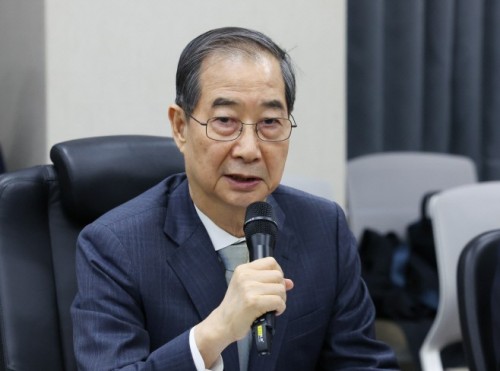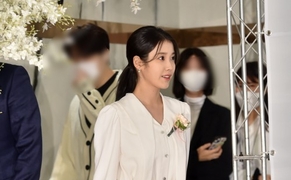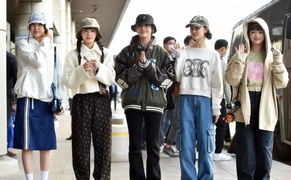 |
| Han Duck-soo, acting president and prime minister, speaks during a roundtable on the automobile industry at Kia Autoland Gwangju on April 15. / Source: Presidential Office Press Corps |
As the Democratic Party of Korea (DPK) kicks off its presidential campaign, it is intensifying its offensive against the administration, shifting its focus to Acting President and Prime Minister Han Duck-soo following the impeachment and removal of former President Yoon Suk-yeol. The party appears to be targeting Han as the symbolic head of government in a bid to disrupt the administration during the remaining 50 days until the election, believing that political turbulence could work to its advantage.
Critics warn that such strategies risk politicizing urgent bipartisan issues—including trade tensions with the United States and pressing economic matters—calling for restraint amid growing concerns.
On April 16, the DPK launched a full-scale political assault against the government and Han. Park Chan-dae, the party’s interim leader and floor leader, accused Han of disregarding the Constitution by appointing a Constitutional Court justice based on loyalty. “Is this a protective appointment meant to cover up treason?” Park asked during a party leadership meeting.
Other DPK members went further, using inflammatory language to attack Han. Senior party member Kim Min-seok likened Han and Deputy Prime Minister Choi Sang-mok to historical traitors, calling them “the worst bureaucrats since Lee Wan-yong,” a figure notorious for collaborating with Japan. Representative Jung Sung-ho described Han’s behavior as “an expression of personal greed,” pointedly referring to him only by name without any official title.
Despite the urgency of upcoming trade negotiations with the Trump administration, which the Korean government is preparing for under Han’s leadership, the DPK accused the administration of being “obsessed with electioneering.” Observers criticized the party for prioritizing political gains over national interest in a time of critical trade talks that could impact Korea’s key industries.
The DPK also demanded that trade negotiations be conducted in coordination with the National Assembly, calling for the formation of a special parliamentary committee on trade strategy. By proposing to split the Ministry of Trade, Industry and Energy into separate entities—Industry Ministry, Trade Ministry, and Climate and Energy Ministry—the party is also pressuring an already strained government apparatus.
A DPK insider admitted that disrupting the U.S.-Korea tariff negotiations may be a calculated gamble to prevent the ruling camp from gaining political ground. “If these talks go smoothly, it could weaken our position in the election,” the insider said. A former official from the conservative bloc added, “They’re trying to throw the government back into chaos just as it’s beginning to stabilize after the impeachment crisis.”
The DPK’s strategy is also affecting the broader public sector. Labeling itself the "next ruling party," it has warned against senior-level appointments or promotions within the bureaucracy and public institutions. As a result, personnel decisions across key agencies have stalled, with growing anxiety among officials and administrative gaps emerging in day-to-day operations.
Most Read
-
1
-
2
-
3
-
4
-
5
-
6
-
7





















